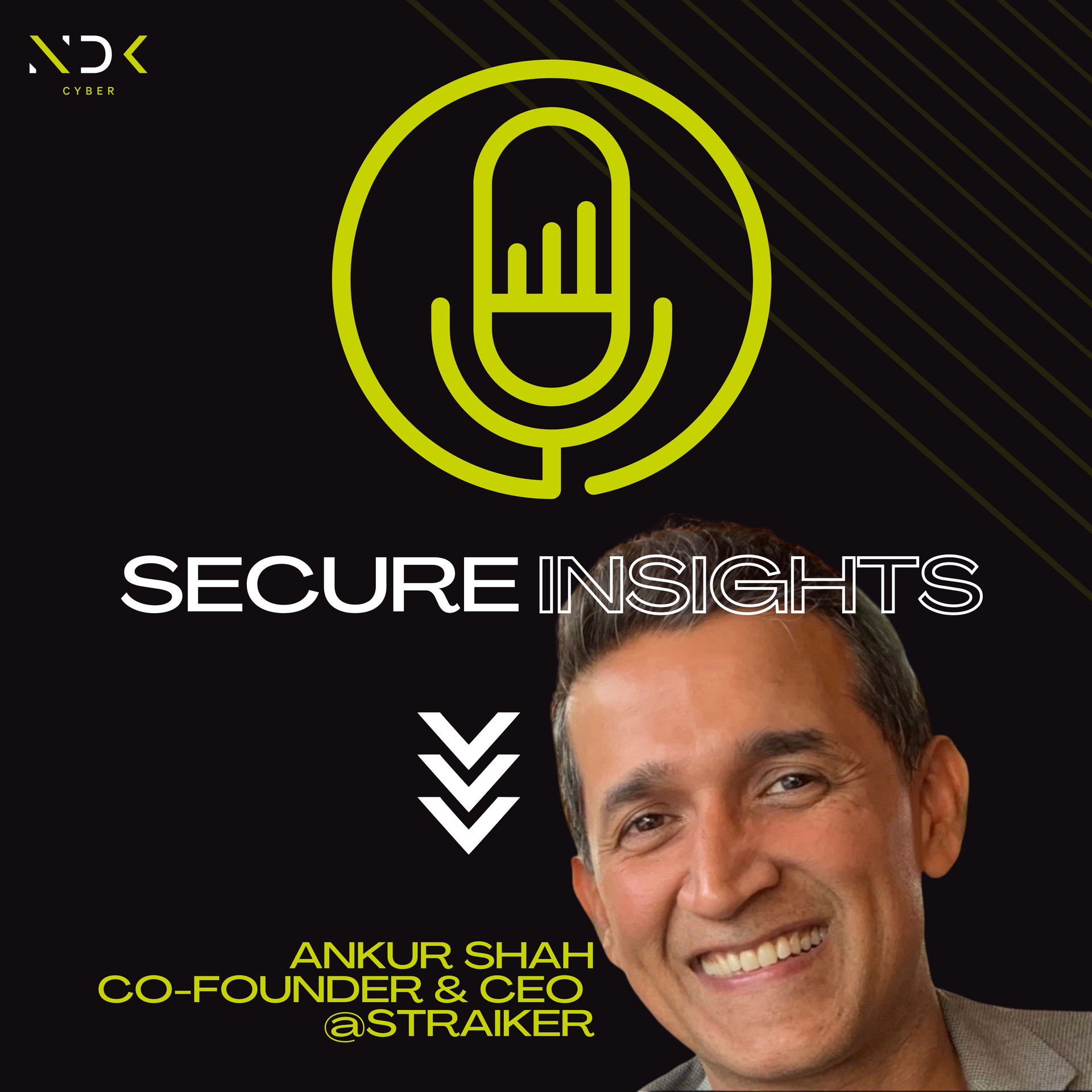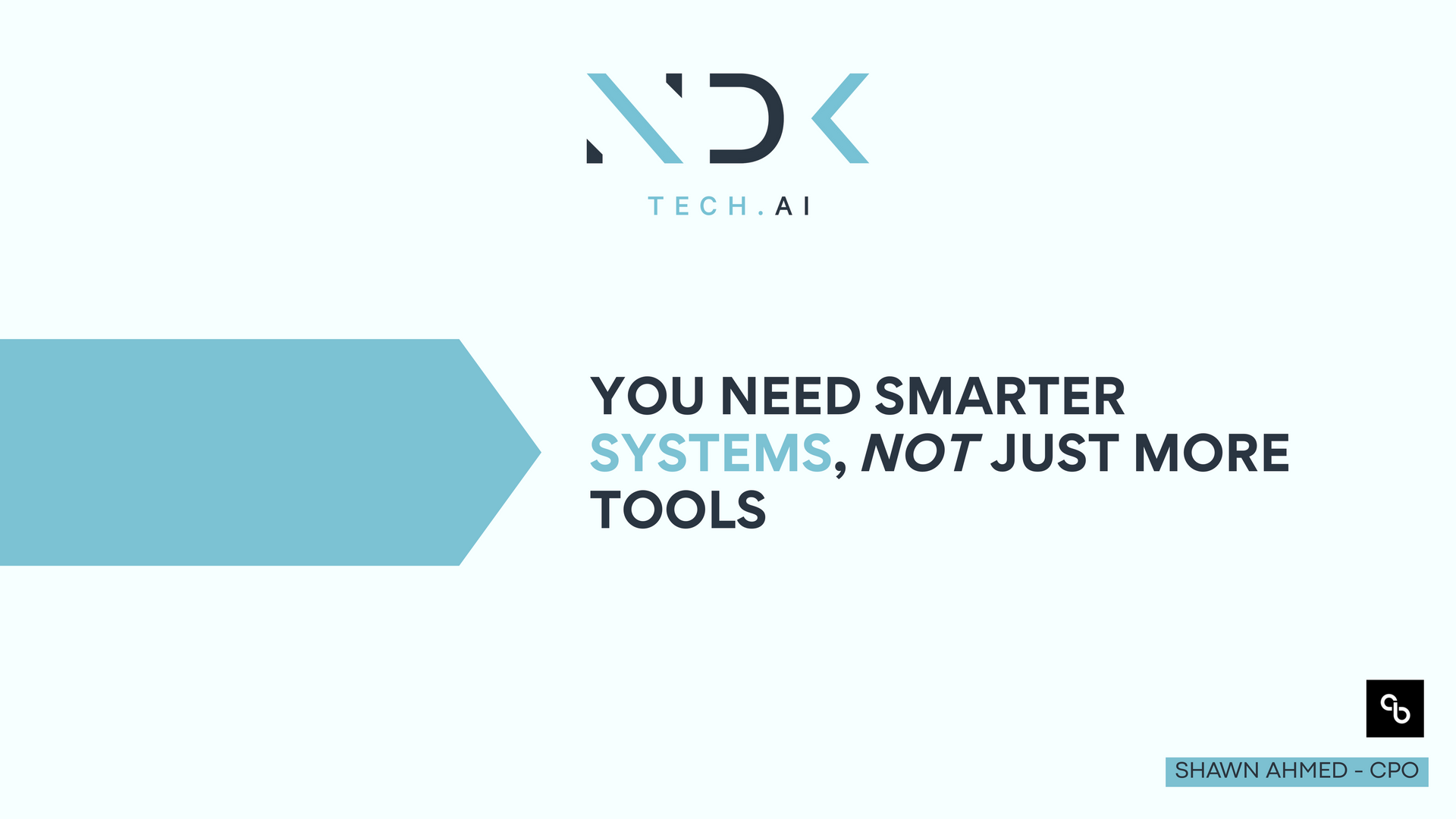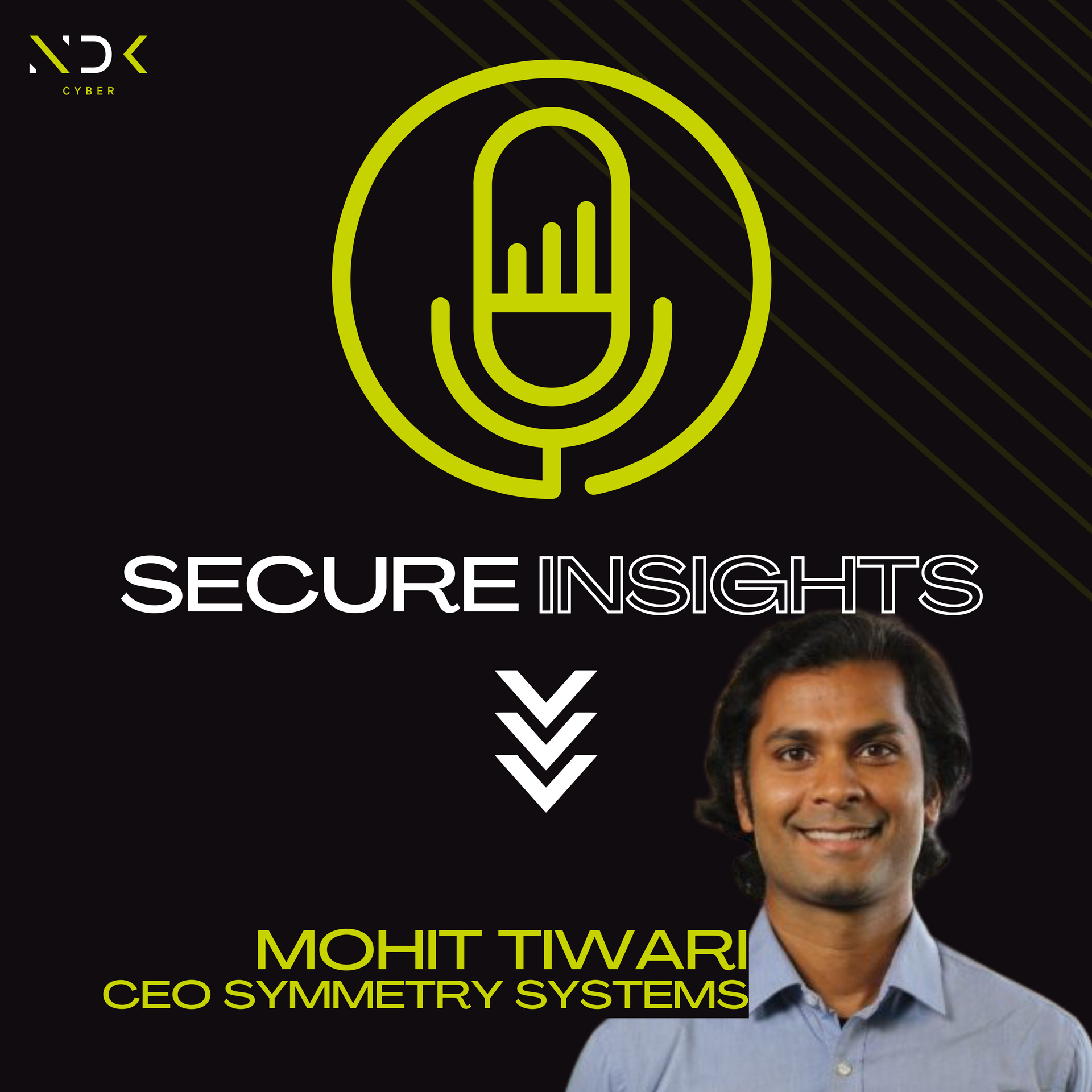From Cloud to AI Agents: Building Security at the Speed of Innovation
An exclusive insight from the Secure Insights Podcast with Ankur Shah the Founder and CEO of Straiker.
Fifteen years ago, securing the cloud felt like the cutting edge. Today, we’re in the midst of an even bigger transformation, and the stakes are exponentially higher. In our latest episode of Secure Insights, we sat down with a cybersecurity veteran and serial founder who has built security stacks across mobile, SaaS, cloud, and now AI. His latest venture, Straiker, was born out of the ChatGPT "awakening moment" and is racing ahead to secure the next great tech frontier: agentic AI.
The AI Inflection Point
The launch of ChatGPT wasn’t just a viral moment; it was a clear signal that artificial intelligence had entered the enterprise consciousness. For Straiker’s founder, it was also a personal call to action.
“When ChatGPT came out, I knew instantly this was unlike anything I’d seen before. I had to build in this space.”
Since then, Stryker has emerged as a company laser-focused on enabling secure, rapid AI adoption at scale. With product releases, secured funding, and aggressive hiring all within the first year, the company exemplifies the urgency driving AI innovation.
Why Speed Matters More Than Ever
Unlike previous waves SaaS, mobile, and even cloud, AI is being adopted at breakneck speed. In the cloud era, it took nearly a decade post-EC2 for enterprise adoption to gain momentum. With AI, companies are moving from experimentation to deployment in mere months.
“I've spoken with over 300 enterprise customers. Almost every single one has an AI project underway.”
But with speed comes risk. As adoption accelerates, so do concerns around safety, compliance, and security. That’s where Stryker is staking its claim by helping enterprises move fast without breaking things.
The Shift from SaaS to Agentic AI
One of the most compelling parts of the discussion was the founder’s bold claim:
“SaaS is dead. The future is agentic AI.”
What does this mean? In simple terms, we're moving away from systems driven by hardcoded business logic and static APIs. Instead, we're entering an era where autonomous AI agents interact, reason, and execute tasks dynamically, often using natural language instructions rather than traditional programming.
Imagine an agent that can book your business travel by speaking to your HR system, expense manager, and Booking.com’s agent, all without human intervention or bespoke integrations.
“These agents don’t just pull data. They collaborate—connecting tools, understanding goals, and completing multi-step tasks without brittle code.”
This isn’t some distant future. The groundwork is being laid now, and a handful of forward-thinking enterprises are already experimenting with agent-native applications
.
Security in an Agent-to-Agent World
However, this brave new world comes with immense complexity from a cybersecurity standpoint. When AI agents are granted access to sensitive systems, HR records, financial data, customer platforms, the risk surface expands dramatically.
“We’re talking about systems where logic isn’t written in code but in natural language. That changes the threat model entirely.”
These agentic systems will need to be secured not just at the data layer, but at the interaction layer ensuring agents don’t overstep their permissions, hallucinate harmful outcomes, or get manipulated by malicious actors.
Final Thoughts: Survival by Speed
Startups are born to die, unless they outrun the default. And in the founder’s words:
“The only way to beat the odds is to move faster than the pace of change.”
For cybersecurity professionals, technologists, and business leaders, the message is clear: AI isn’t coming. It’s already here. The only question is whether your organisation is prepared to adopt—and secure—it at the speed it demands.
NDK Cyber works with cyber leaders to recruit elite talent capable of building and securing next-generation technologies. If you're building in the AI or cloud-native space and need trusted talent to keep pace with innovation, get in touch.












